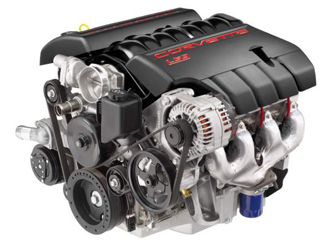C0658 Engine Code Repair
Meaning of C0658 engine trouble code is a kind of chassis trouble code and theoretically you can drive for a few weeks or even months with a broken MAF sensor. You will notice a decrease in gas mileage and over time the car will eventually start stalling a lot. At a shop, the replacement cost is between $240-$400 depending on the car, but that's usually the cost of parts because the labor is relatively simple.
C0658 Fault Symptoms :
- Check engine light comes on
- Engine stalling or misfiring
- Engine performance issues
- Car not starting
If one of these reasons for C0658 code is occuring now you should check C0658 repair processes.
Now don't ask yourself; What should you do with C0658 code ?
The solution is here :
C0658 Possible Solution:

Air Conditioning Pressure Sensor (ACP) Insufficient Pressure Change Each time the A/C clutch engages, the PCM is looking for a pressure change in the refrigerant. If the change in pressure is outside of the calibration the DTC will set. A/C system mechanical failure Open ACP or VREF circuit A/C sensor damaged A/C system electrical failure A/C clutch always engaged Verify A/C system function, including refrigerant charge.
C0658 Code Meaning :
C
OBD-II Diagnostic Chassis (C) Trouble Code For Engine
0
Intake Valve Control Solenoid Circuit Low
6
Fuel Composition Sensor Circuit Malfunction
5
Injection lump Fuel Metering Control 'B' High (Cam/Rotor/Injector)
8
Shift/Timing Solenoid Malfunction/ 3-2 Shift Solenoid Circuit Electrical
Regarding the C0658 code, it would probably be worthwhile to carefully inspect the wire harness near the intake manifold bracket. This is done most easily from below the car in the area near the oil filter.
C0658 OBD-II Diagnostic Chassis (C) Trouble Code DescriptionC0658 engine trouble code is about Shift/Timing Solenoid Malfunction/ 3-2 Shift Solenoid Circuit Electrical.Main reason For C0658 CodeThe reason of C0658 OBD-II Engine Trouble Code is Fuel Composition Sensor Circuit Malfunction. |
C0658 DTC reports a sensor fault, replacement of the sensor is unlikely to resolve the underlying problem. The fault is most likely to be caused by the systems that the sensor is monitoring, but might even be caused by the wiring to the sensor itself.
